Cardinal Sako Interview in L’Osservatore Romano
Encourages Forgiveness 'For the Common Good' in Iraq
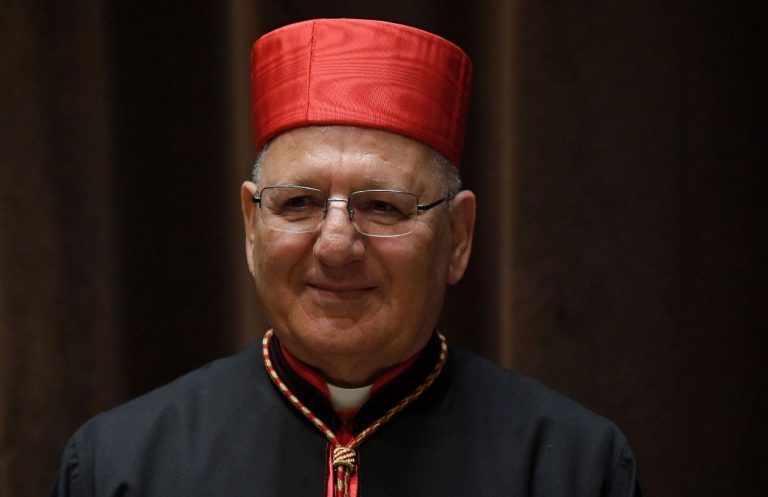
Cardinal Louis Raphael Sako, Patriarch of Babylon of the Chaldeans, gave an interview to L’Osservatore Romano, in which he encouraged Iraqis to turn the page and added that “one who forgives is stronger than one who revenges himself,” and that we must “forgive and reconcile ourselves for the common good.”
The conversation with the head of the Chaldean Catholic Church, published Thursday, April 8, 2021, reported the Cardinal’s words on freedom of worship, the return of persecuted Christians to Iraq, forgiveness as a necessary factor for the common good, coexistence between religions, support of the International Community, fraternity in the Asian country and the near future of the Iraqi nation.
Responding to the first question on the Pope’s recent trip to Iraq, the Cardinal said he “knew that the Holy Father wished to visit Iraq, but he honestly didn’t expect it at this concrete moment, given the uncertainty of the situation caused by the pandemic.” His determination was a surprise,” he added. Pope Francis “has the charism of surprising; I think he felt in his heart of Pastor the need to come to bring consolation and hope to Iraqis who have suffered so much. “
So he did well. What joy his visit was! The Pope impressed all, Christians and Muslims. During his stay, Iraq was a little paradise, after so much hell, and we hope it will always be so!” he exclaimed.
Freedom of Worship
Moreover, in regard to freedom of worship, the Chaldeans’ leader said that a “secular regime, based solely on citizenship and not on religion, is the solution,” as “the countries of the Middle East won’t have a future without the separation of religion and State.” They are different things, he stressed. “In a secular State one can be a Muslim or a Christian, one can go to a mosque or to a church, fast and lead one’s life according to one’s convictions, and the State has no right to impede you or oblige you to do so.”
“Iraq is ready to be secular and young people are expressing themselves, claiming a homeland and equality. Sectarianism was created on purpose in Iraq after the fall of the former regime,” he clarified.
Forgiveness and Return
Patriarch Sako also pointed out an existing tribal mentality in the country, which is “permeated with vengeance and justice and which must change.” One who forgives, he continued, “is stronger than one who revenges himself. He also encouraged fellow Iraqis to “forgive and reconcile ourselves for the common good.” Progress, he added, depends on “a new open culture that respects diversity.”
“The return of Christians is the Iraqi Government’s duty and this will be possible when the conditions are favorable and security, stability and services are guaranteed. Then Christians and other minorities will be encouraged to return to their native land. In my opinion, it is a long term project,” he said
Coexistence and Fraternity
In regard to harmonious coexistence between creeds, the Chaldean Patriarch appealed to Christians’ vocation “to help others to open themselves; we must be prepared, be courageous and not be afraid.” The Church “has the duty to explain the faith in a clear way. Dialogue and respect are necessary. Unity doesn’t mean uniformity,” he commented.
“Christians formed in forgiveness have a role to play, in fact, to forgive. Reconciliation and the creation of trust are essential subjects for political coexistence. The simple people are ready to change, however, I repeat, the politicians are the great obstacle, who try to watch over their own interests,” he clarified.
Support and Future
The Iraqi Cardinal also pointed out that the Pope “drew a Magna Charta during his meetings and with his words; now it’s up to us to put it into practice.” After the apostolic visit, the national Government created a Committee, as did the Chaldean Church: “We have confidence and hope,” he said.
In regard to the need to reinforce fraternity in a country like Iraq, affected by armed confrontations and violence, the Prelate reiterated that “Christians formed in forgiveness must play a capital role: to forgive, in fact,” as “reconciliation and the creation of trust are essential subjects for political coexistence.” The simple people “are ready to change but, I repeat, the politicians are the great obstacles as they try to watch over their own interests — as Ayatollah Al-Sistani also reiterated during his meeting with Francis.”
Four Objectives
In this connection, in view of the future, he anticipated work on four objectives. The first is “to construct educational and didactic programs to strengthen brotherhood between Iraqis and their national unity.” The second is “to organize events to sensitize Iraqis about their diversity through seminars, conferences and television programs dedicated to civilizations, cultures, and religions in order to show the common points, to reflect on them and to respecting their particularities, because what unites us is much more than what divides us,” he stressed.
The third is “to create a National Center that includes classrooms and a library specialized on the subjects of the inter-religious dialogue,” and the fourth objective is “to activate the Iraqi Penal Code (no. 111 of 1969) and its articles that oblige the protection of sacred places and the prevention of offenses against religions and their symbols, punishing the aggressors.”
Related
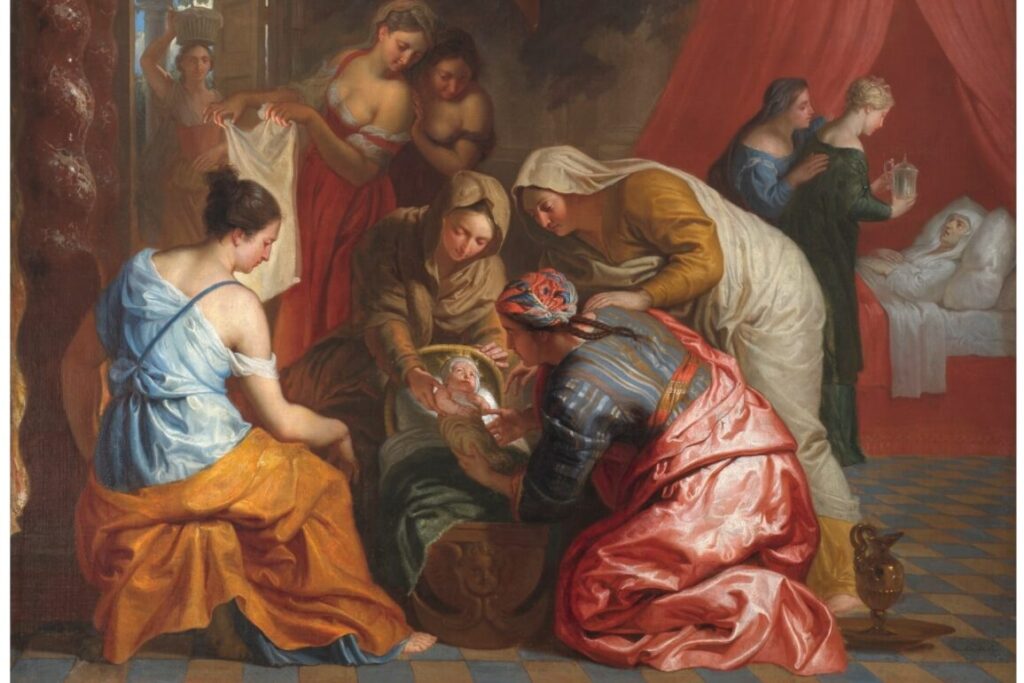
Nativity of the Virgin Mary: Fulfillment of promises
Gonzalo Martín
08 September, 2024
3 min
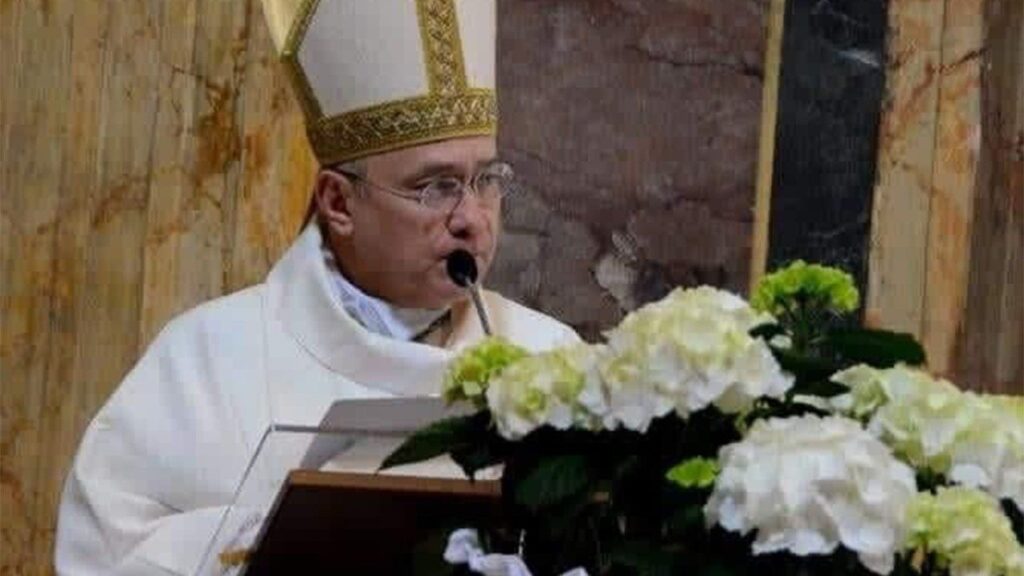
“Let us pray to the Virgin to protect the Church, the Pope, this nation and the entire world”
Exaudi Staff
15 July, 2024
5 min
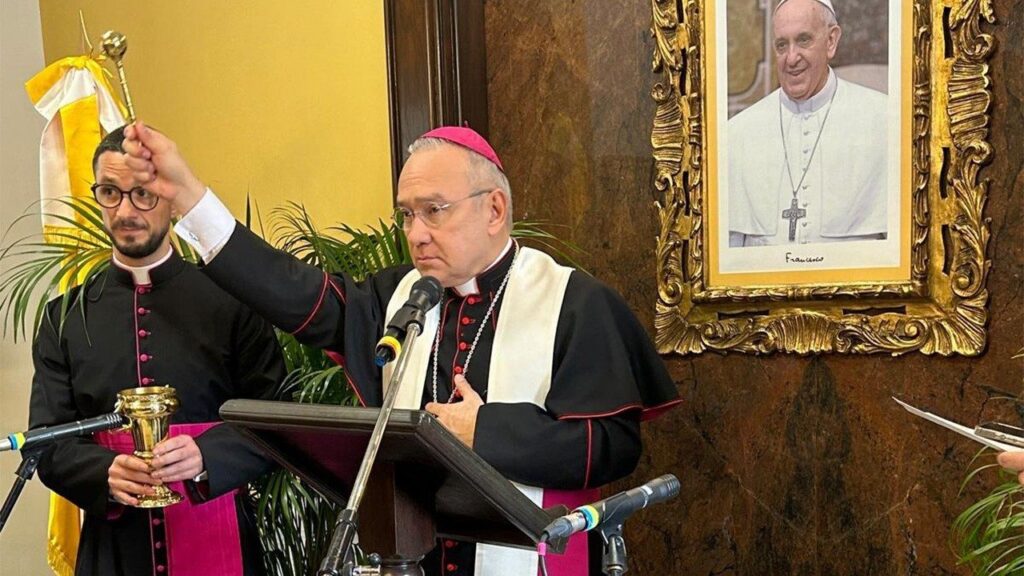
Spiritual closeness of Pope Francis on the occasion of the reopening of the Pontifical Representation in Honduras
Exaudi Staff
14 July, 2024
4 min
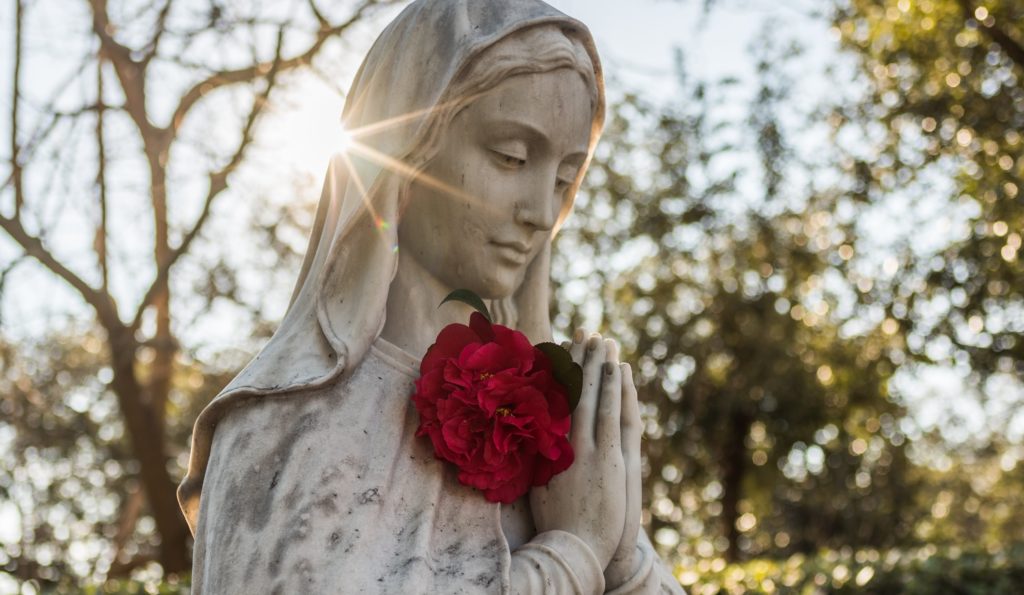
Immaculate Heart of Mary
Israel Risquet
08 June, 2024
3 min
 (EN)
(EN)
 (ES)
(ES)
 (IT)
(IT)

